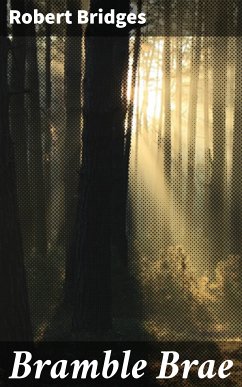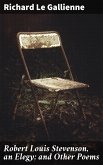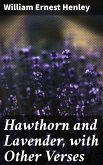In "Bramble Brae," Robert Bridges masterfully weaves a tapestry of rural life, exploring the intricate relationship between humanity and nature. Set against the backdrop of the English countryside, the prose reflects Bridges' lyrical style, marked by vivid imagery and a keen attention to detail. Through evocative descriptions and rich symbolism, the narrative immerses readers in the serene yet often tumultuous world of the natural landscape, inviting contemplation of life'Äôs cyclical patterns and the passage of time. The book resonates with the pastoral tradition, reminiscent of the Romantic poets, yet it captures the nuanced reality of rural existence with a modern sensibility, highlighting themes of solitude, reflection, and interconnectedness with the environment. Robert Bridges, an esteemed poet and physician, is renowned for his contributions to English literature, particularly in the realm of poetic form and structure. His deep appreciation for nature, fostered during his formative years in the English countryside, greatly influenced his writing. The duality of his career provided Bridges with unique insights into both the human experience and the natural world, as exemplified in "Bramble Brae," which ultimately serves as a testament to his affinity for both the pastoral and the profound. Readers seeking a contemplative exploration of nature and human emotion will find "Bramble Brae" to be an enriching experience. Bridges' evocative prose offers not only aesthetic pleasure but also a meditative space for reflection. This book is a must-read for those who appreciate the beauty of language and the complexities of the natural world, solidifying Bridges' place as a critical voice in the canon of English literature.
Dieser Download kann aus rechtlichen Gründen nur mit Rechnungsadresse in A, B, BG, CY, CZ, D, DK, EW, FIN, F, GR, H, IRL, I, LT, L, LR, M, NL, PL, P, R, S, SLO, SK ausgeliefert werden.









